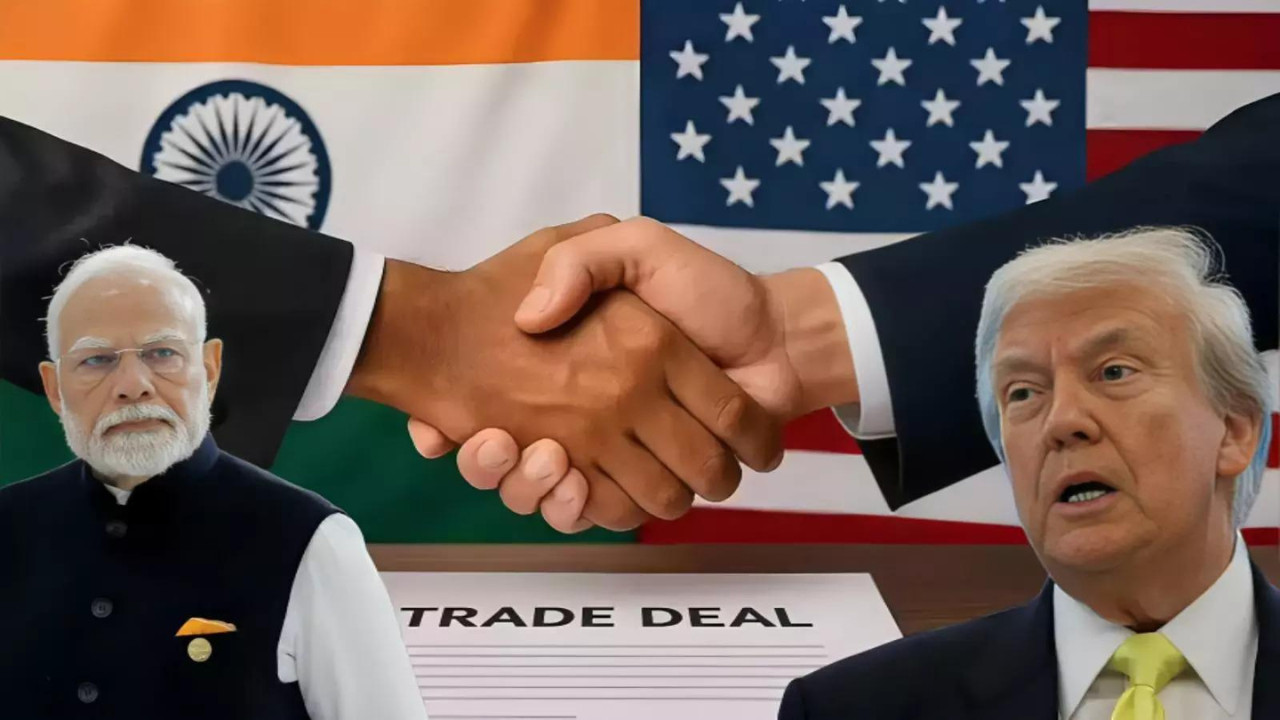India’s Competition Commission (CCI) is scrutinizing UltraTech Cement, Dalmia Bharat, and Shree Digvijay Cement for potential competition violations in ONGC tenders. Following a DG report, the CCI has directed the companies to submit detailed financial records, income tax data, and revenue details related to the alleged cartel activities. Failure to comply may result in penalties.
Cracking Down on Cement: CCI Investigates Alleged Cartel Behavior
The winds of scrutiny are blowing through the Indian cement industry. The Competition Commission of India (CCI), the nation’s antitrust watchdog, is digging deep, requesting a substantial nine years of financial records from some of the industry’s biggest players. Names like UltraTech Cement and Dalmia Bharat are in the spotlight, as the CCI intensifies its probe into alleged cartel-like behavior.
This isn’t a casual inquiry. The breadth of the financial data requested—spanning nearly a decade—suggests the CCI is building a comprehensive case. The focus? Potential price-fixing and coordinated market manipulation within the cement sector. These allegations, if proven true, could have significant repercussions for both the companies involved and the overall Indian economy. A competitive cement market is crucial for infrastructure development, affordable housing, and overall economic growth.
Cement Cartel Concerns Raised by ONGC Tender
Beyond the general industry overview, the CCI has also specifically flagged concerns related to a tender floated by Oil and Natural Gas Corporation (ONGC). The suspicion is that some cement companies may have colluded in their bidding strategies, potentially inflating prices for ONGC and undermining fair competition in the process. The ONGC tender highlights how alleged cement cartel activities could impact other vital sectors of the Indian economy.
The stakes are high, and the CCI’s move to request such a vast amount of data underscores the seriousness of its investigation. It’s a clear message that anti-competitive practices will not be tolerated, and that the regulator is prepared to dedicate significant resources to uncovering and prosecuting such offenses.
Why This Matters: The Ripple Effect of Price Fixing
So, why is this such a big deal? Cartelization, at its core, is about stifling competition. When companies collude to fix prices or allocate markets, they eliminate the incentive to innovate, improve product quality, or offer better value to consumers. In the cement industry, this can translate to higher construction costs, delayed infrastructure projects, and ultimately, a drag on economic growth.
Imagine a scenario where cement companies agree to artificially inflate prices. This would directly impact builders, developers, and individual homeowners, making construction projects more expensive and potentially pushing affordable housing further out of reach. Moreover, when companies operate in a non-competitive environment, they have little incentive to invest in research and development or adopt more efficient production methods. This can lead to stagnation and hinder the long-term competitiveness of the Indian cement industry.
Navigating the Investigation: What’s Next for Cement Companies?
For the cement companies under investigation, the coming months will be crucial. They will need to cooperate fully with the CCI’s requests, providing the necessary financial data and documentation to demonstrate their compliance with competition laws. The investigation process is likely to be lengthy and complex, involving detailed analysis of financial records, market data, and internal communications.

If the CCI finds sufficient evidence of anti-competitive behavior, it has the power to impose significant penalties, including hefty fines and orders to cease and desist from such practices. The reputational damage associated with being found guilty of cartelization can also be substantial, impacting investor confidence and brand image.
The Bigger Picture: Promoting Fair Competition
The CCI’s investigation into the alleged cement cartel is part of a broader effort to promote fair competition and protect consumer interests across various sectors of the Indian economy. By actively investigating and prosecuting anti-competitive practices, the CCI is sending a strong signal that businesses must operate ethically and transparently, and that any attempt to manipulate the market will be met with swift and decisive action. You might also be interested in learning more about other [CCI investigations in the tech sector](internal-link).
The Future of Cement Prices and Competition
What happens next remains to be seen, but one thing is certain: the CCI’s investigation has put the Indian cement industry on notice. The outcome of this probe will have far-reaching implications for the future of competition in the sector, influencing pricing strategies, investment decisions, and the overall health of the Indian economy. The industry and consumers alike will be watching closely as the investigation unfolds. The potential for a more competitive landscape in the cement industry promises benefits for all stakeholders in the long run.







